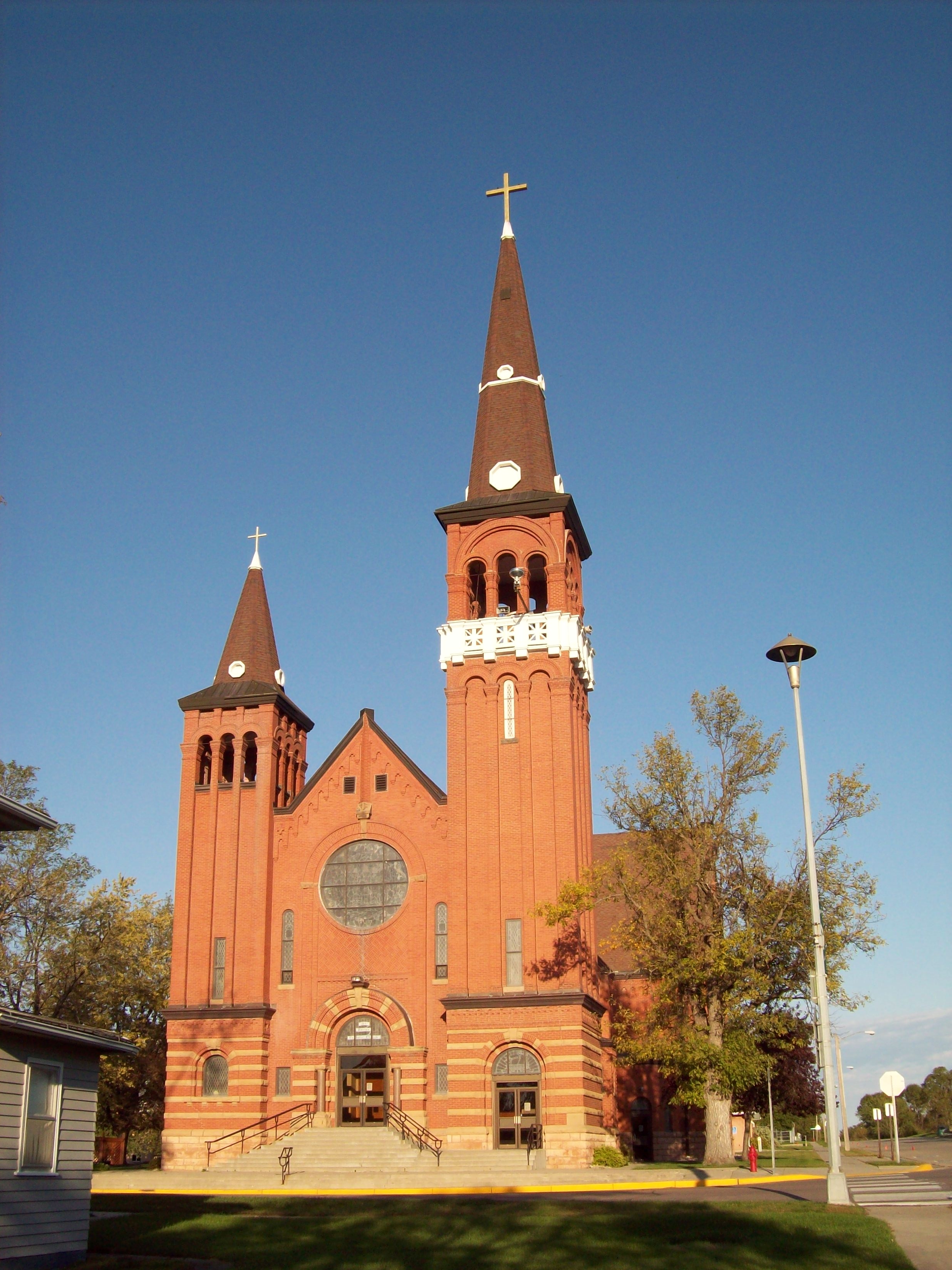| PENANCE/CONFESSION
At the
first Pentecost, Jesus said to his disciples: "Receive the Holy
Spirit. For those whose sins you forgive, they are forgiven; for
those whose sins you retain, they are retained" (Jn. 20,23).
These words of our Savior remind us of the fundamental gift of
our redemption: the gift of having our sins forgiven and of
being reconciled with God. Remission of sin is a completely free
and undeserved gift, a newness of life which we could never
earn. God grants it to us out of his mercy. As Saint Paul wrote:
"It is all God's work. It was God who reconciled us to himself
through Christ and gave us the work of handing on this
reconciliation" (2 Cor. 5,18).
There is no sin that cannot be forgiven, if we approach the
throne of mercy with humble and contrite hearts. No evil is more
powerful than the infinite mercy of God. In becoming man, Jesus
entered completely into our human experience, even to the point
of suffering the final and most cruel effect of the power of
sin—death on a cross. He really became one like us in all things
but sin. But evil with all its power did not win. By dying,
Christ destroyed our death; by rising, he restored our life; by
his wounds we are healed and our sins are forgiven. For this
reason, when the Lord appeared to his disciples after the
Resurrection, he showed them his hands and his side. He wanted
them to see that the victory had been won; to see that he, the
risen Christ, had transformed the marks of sin and death into
symbols of hope and life.
By the victory of his Cross, Jesus Christ won for us the
forgiveness of our sins and reconciliation with God. And it is
these gifts that Christ offers us when he gives the Holy Spirit
to the Church, for he said to the Apostles: "Receive the Holy
Spirit. For those whose sins you forgive, they are forgiven"
(Jn. 20,23). Through the power of the Holy Spirit, the Church
continues Christ's work of reconciling the world to himself.
In every age the Church remains the community of those who
have received the reconciliation that was willed by God the
Father and achieved through the sacrifice of his beloved Son.
The Church is also by her nature always reconciling, handing
on to others the gift that she herself has received, the gift of
having been forgiven and made one with God. She does this in
many ways, but especially through the sacraments, and in
particular through Penance. In this consoling sacrament she
leads each of the faithful individually to Christ, and through
the Church's ministry, Christ himself gives forgiveness,
strength and mercy. Through this highly personal sacrament,
Christ continues to meet the men and women of our time. He
restores wholeness where there was division, he communicates
light where darkness reigned, and he gives a hope and joy which
the world could never give. Through this sacrament the Church
proclaims to the world the infinite riches of God's mercy, that
mercy which has broken down barriers which divided us from God
and from one another.
On this day of Pentecost, as the Church proclaims the
reconciling action of Christ Jesus, and the power of his Holy
Spirit, I appeal to all the faithful of Britain—and to all the
other members of the Church who may hear my voice or read my
words: Dearly beloved, let us give greater emphasis to the
Sacrament of Penance in our own lives. Let us strive to
safeguard what I described in my first Encyclical as Christ's
"right to meet each one of us in that key moment in the soul's
life constituted by the moment of conversion and forgiveness" (Redemptor
Hominis, n. 20).
And in particular I ask you, my brother priests, to realize
how closely and how effectively you can collaborate with the
Savior in the divine work of reconciliation.
For lack of time, certain worthy activities may have to be
abandoned or postponed, but not the confessional. Always give
priority to your specifically priestly role in representing the
Good Shepherd in the Sacrament of Penance. And as you witness
and praise the marvelous action of the Holy Spirit in human
hearts, you will feel yourselves called to further conversion
and to deeper love of Christ and his flock.
As Christians today strive to be sources of reconciliation in
the world, they feel the need, perhaps more urgently than ever
before, to be fully reconciled among themselves. For the sin of
disunity among Christians, which has been with us for centuries,
weighs heavily upon the Church.
The seriousness of this sin was clearly shown at the Second
Vatican Council, which stated: "Without doubt, this discord
openly contradicts the will of Christ, provides a stumbling
block to the world, and inflicts damage on the most holy cause
of proclaiming the good news to every creature" (Unitatis
Redintegratio, n. 1).
Restoration of unity among Christians is one of the main
concerns of the Church in the last part of the twentieth
century. And this task is for all of us. No one can claim
exemption from this responsibility. Indeed everyone can make
some contribution, however small it may seem, and all are called
to that interior conversion which is the essential condition for
ecumenism. As the Second Vatican Council taught: "This change of
heart and holiness of life, along with public and private prayer
for the unity of Christians, should be regarded as the soul of
the whole ecumenical movement, and can rightly be called
'spiritual ecumenism'" (ibid., n. 8).
The Holy Spirit, who is the source of all unity, provides the
Body of Christ with a "variety of gifts" (1 Cor. 12,3), so that
it may be built up and strengthened. As the Holy Spirit granted
the Apostles the gift of tongues, so that all gathered in
Jerusalem on that first Pentecost might hear and understand the
one Gospel of Christ, should we not expect the same Holy Spirit
to grant us the gifts we need in order to continue the work of
salvation, and to be reunited as one body in Christ? In this we
trust and for this we pray, confident in the power which the
Spirit gave to the Church at Pentecost.
"Send forth your Spirit ... and renew the face of the earth"
(Ps. 104,30).
These words of the psalmist are our heartfelt prayer today,
as we ask Almighty God to renew the face of the earth through
the life-giving power of the Spirit. Send forth your Spirit, O
Lord, renew our hearts and minds with the gifts of light and
truth. Renew our homes and families with the gifts of unity and
joy. Renew our cities and our countries with true justice and
lasting peace. Renew your Church on earth with the gifts of
penance and reconciliation, with unity in faith and love.
Send forth your Spirit, O Lord, and renew the face of the
earth!
Taken form http://www.ewtn.com/library/papaldoc/jp2seven.htm |





